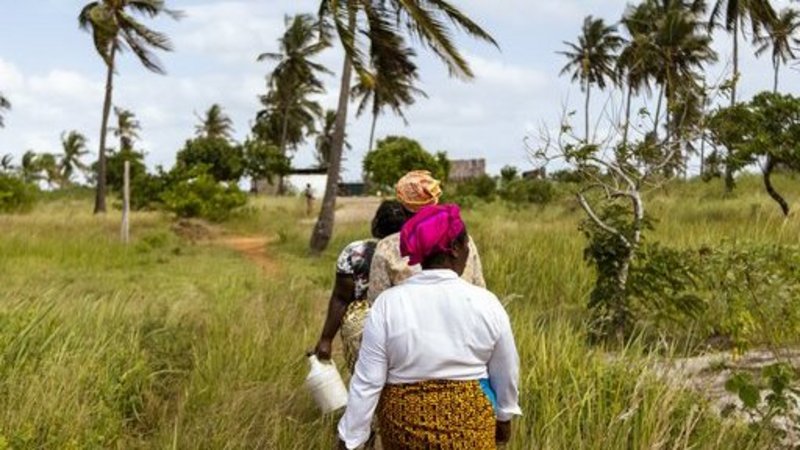Capacity Building for Sustainable Rural Tourism in Mozambique (CAST Mozambique)

Project Coordinator: Dr. Claudia Dolezal
Coordinating Institution: IMC Krems, Austria
Partner Institution: Universidade Eduardo Mondlane, Mozambique
Partner Country: Mozambique
Project Duration: 1 April 2023 – 30 March 2027 (48 months)
Project Overview
There is a strong need for a more sustainable and community-centred tourism curriculum in Mozambique, which stems first of all from the nature of tourism in Mozambique. To date, tourism is still largely focused on “sun sea sand” holidays along the 2,700 kms of coastline. Mozambique has enormous potential (cultural heritage, flora & fauna), however, it does not yet experience a large share of the tourist market, with the situation having become even more challenging in times of COVID-19. In addition, the sector is still hugely dominated by foreign investment, mainly from South Africa, contributing little to the balance of payments and poverty alleviation in the country. Rural tourism thereby remains a neglected field - despite its worldwide recognised potential to deliver both tangible and intangible benefits and create new and alternative livelihoods for those experiencing poverty. This lack in rural tourism development goes hand in hand with a lack in higher education training to develop rural and sustainable tourism, with nearly no courses in the country focused on rural areas, particularly at MA level.
This project seeks to target these challenges with the help of capacity building in Higher Education in Mozambique for sustainable rural tourism development. It does so through fostering a collaboration between IMC Krems and Universidade Eduardo Mondlane (UEM/ ESHTI) Mozambique to enable the sharing of practises in regards to sustainable rural tourism education and development in order to contribute to curriculum development at UEM, as well as skills development within sustainable rural tourism research and teaching. Part of the project is the development of an MA curriculum on sustainable tourism (the first Master's programme in Mozambique) and the design of two new, practise-orientated and jointly delivered (between IMC and ESHTI) courses on sustainable rural tourism, which also support rural entrepreneurs and help diversify rural livelihoods. The project therefore enables a closer collaboration with marginalised communities to shape the curriculum and benefit from training in sustainable product development and marketing.
In the case of Mozambique, community-based tourism and agritourism bear underused potential for linkages and livelihood diversification particularly in rural areas dominated by agricultural production. The proposed project contributes to strengthening these linkages in creating higher education initiatives that enable students to learn about the issues and sustainable development of tourism in those areas. In addition, it empowers communities in developing viable sustainable tourism businesses and marketing strategies, so to utilise tourism’s full potential to contribute to the SDGs, alleviate poverty in Mozambique, and to ultimately “leave no one behind”.